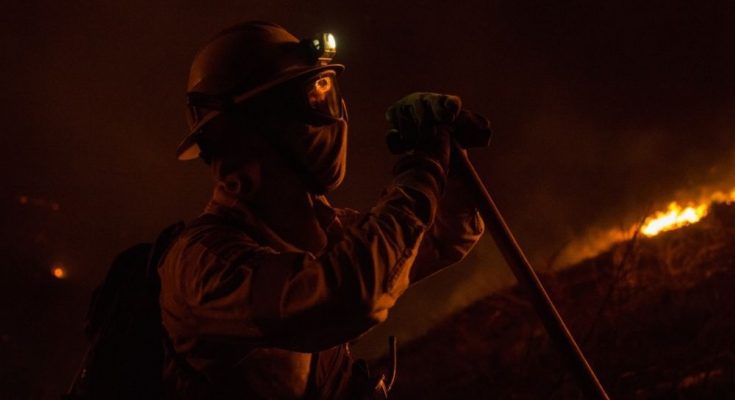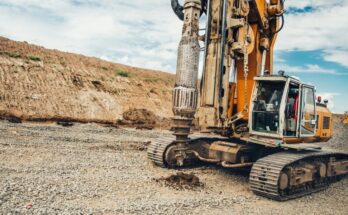Wildland firefighting is an inherently dangerous job, but many find it rewarding. You can stop fires from destroying forest areas and help restore infrastructure. However, it’s important to understand some things before becoming a wildland firefighter. Keep reading to learn about things first-time wildland firefighters should expect.
Harsh Work Environment
Forest and range environments are the most common work locations for wildland firefighters. These environments have steep terrain, smoky conditions, and extremely hot temperatures. Therefore, wildland firefighters risk smoke inhalation, animal bites, and fire entrapment. Although this job has a harsh work environment, firefighters don’t spend every workday in an intense fire. Some workdays and weeks are tame.
Fluctuating Work Schedule
Wildland firefighters have a fluctuating work schedule. During intense fire situations, they can work for 14 days with 16-hour shifts. However, during a standard workweek, firefighters work 40 hours. You may cut down trees, prep digging lines, and patrol high-risk fire areas during this time. Wildland firefighters should be flexible, given that the standard workweek could switch to a multiple-day firefighting job.
Gear and Equipment Requirements
Protective gear and equipment are required for all wildland firefighters. When going to a fire, wildland firefighters carry packs with important equipment and tools. This includes a fire shelter, first-aid kit, compass, earplugs, and a headlamp. In addition, firefighters should carry enough food and water supply for 24 hours.
When wildland firefighters aren’t working, it’s essential to properly store away gear and equipment. In addition, to extend the lifespan of protective gear, firefighters can perform basic cleaning and follow other tips for maintaining wildland firefighting gear.
Safety Hazards
Safety hazards are some of the most important things firefighters should be aware of. Falling trees, wild animals, lightning, and equipment malfunctions are all safety hazards. As a wildland firefighter, it’s essential to follow the best safety practices and make sure you’re aware of your surroundings. In addition, wildland fires can be unpredictable, and weather conditions can change the course of a fire in an instant. Therefore, it’s best to prepare yourself for various outcomes.
Being a wildland firefighter is a dangerous job, but it’s rewarding. However, it’s essential to understand some key things first. We hope that our guide on things first-time wildland firefighters should expect was beneficial to you.
Additional Resources:
Clouds
Moon



